Mat South livestock symposium set to roll
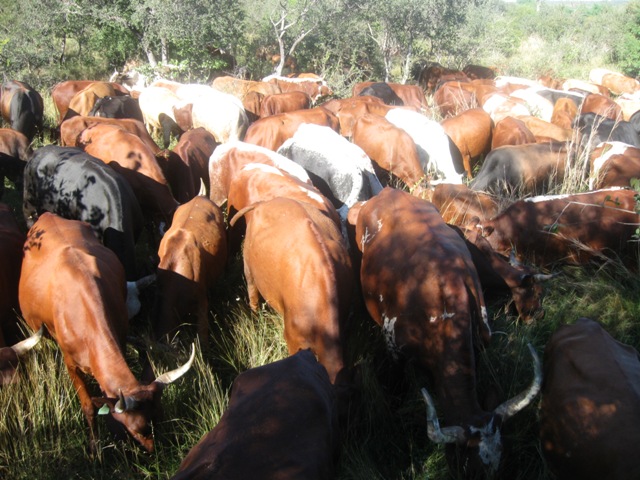
 Business Reporter
Business Reporter
ALL is set for the Matabeleland South livestock symposium to be held in Gwanda, later this month, an official has said.
The four-day symposium that will take place from March 24 to 27 will be held under the theme:
“Sustainable livestock production to ensure food and protein security in-line with the changing world climate.”
In a telephone interview with Business Chronicle last week, one of the event organisers Simangaliphi Ngwabi said farmers from across Matabeleland were expected to attend the event.
“Everything is going according to plan and we are happy about the progress we have made towards the event.
“We are also expecting farmers from all over Matabeleland and other provinces to attend,” said Ngwabi, a livestock specialist in Matabeleland South.
She expressed confidence that the event would be a success following the overwhelming response they received from livestock specialists, farmers and other institutions who submitted abstracts for presentations during the symposium.
“Most farmers and institutions are showing great interest in this programme and some have already started making enquiries about how they can register and participate in the event,” she said.
The symposium will focus on addressing challenges faced by livestock farmers to ensure growth in the livestock sector.
“There is a need for serious interventions to try and address challenges facing the sector to ensure growth since livestock is the back bone of the agricultural sector in the dry and semi-arid regions of Zimbabwe,” said Ngwabi.
She said they would discuss ways of how they could make the livestock sector a viable industry and contribute in the growth of the economy.
In the 2014 national budget, Finance and Economic Development Minister Patrick Chinamasa said the national herd had not improved significantly since the 1980s due to a number of factors that include inadequate research, erratic funding, coupled with persistent outbreaks of diseases.
He said government support to the rebuilding of the national herd included the establishment of livestock breeding centres, strengthening research and extension services, conservation of livestock genetic resources and generation and dissemination of information.
The on-going livestock development programme remains a priority targeting to raise the beef and dairy herd from the current 5,4 million and 27,000 to six million and 35,000 respectively by 2015.


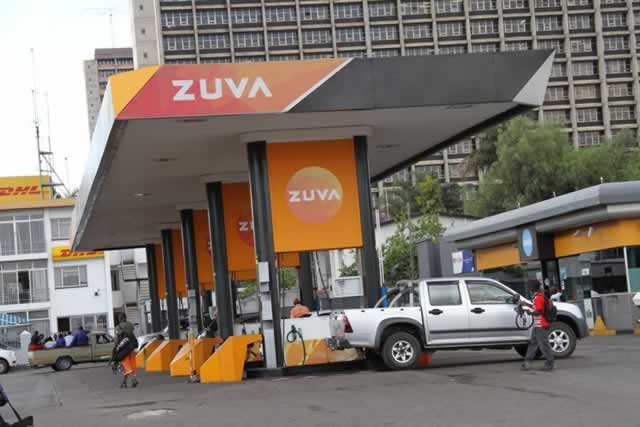
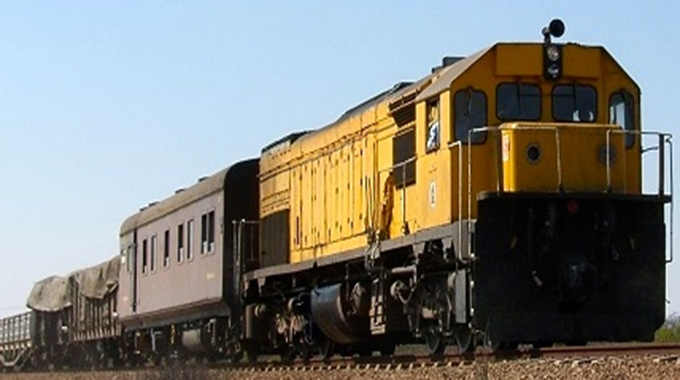
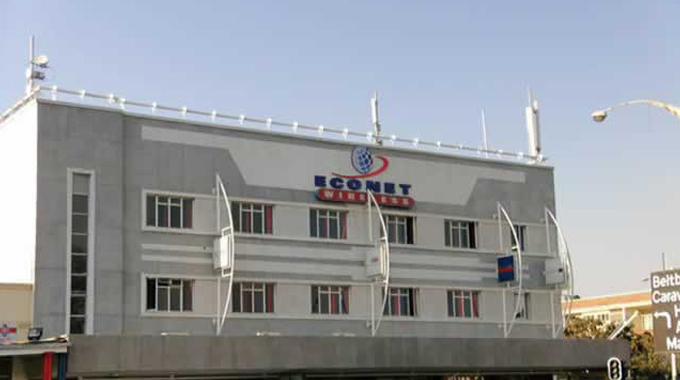
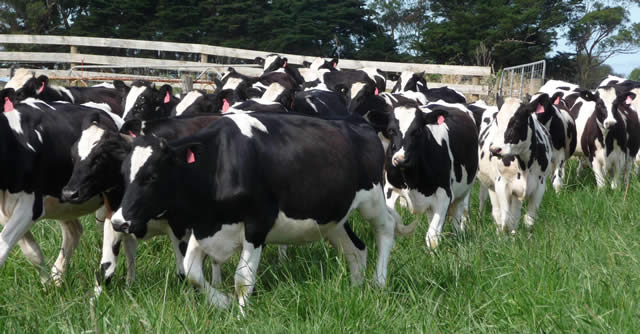






Comments